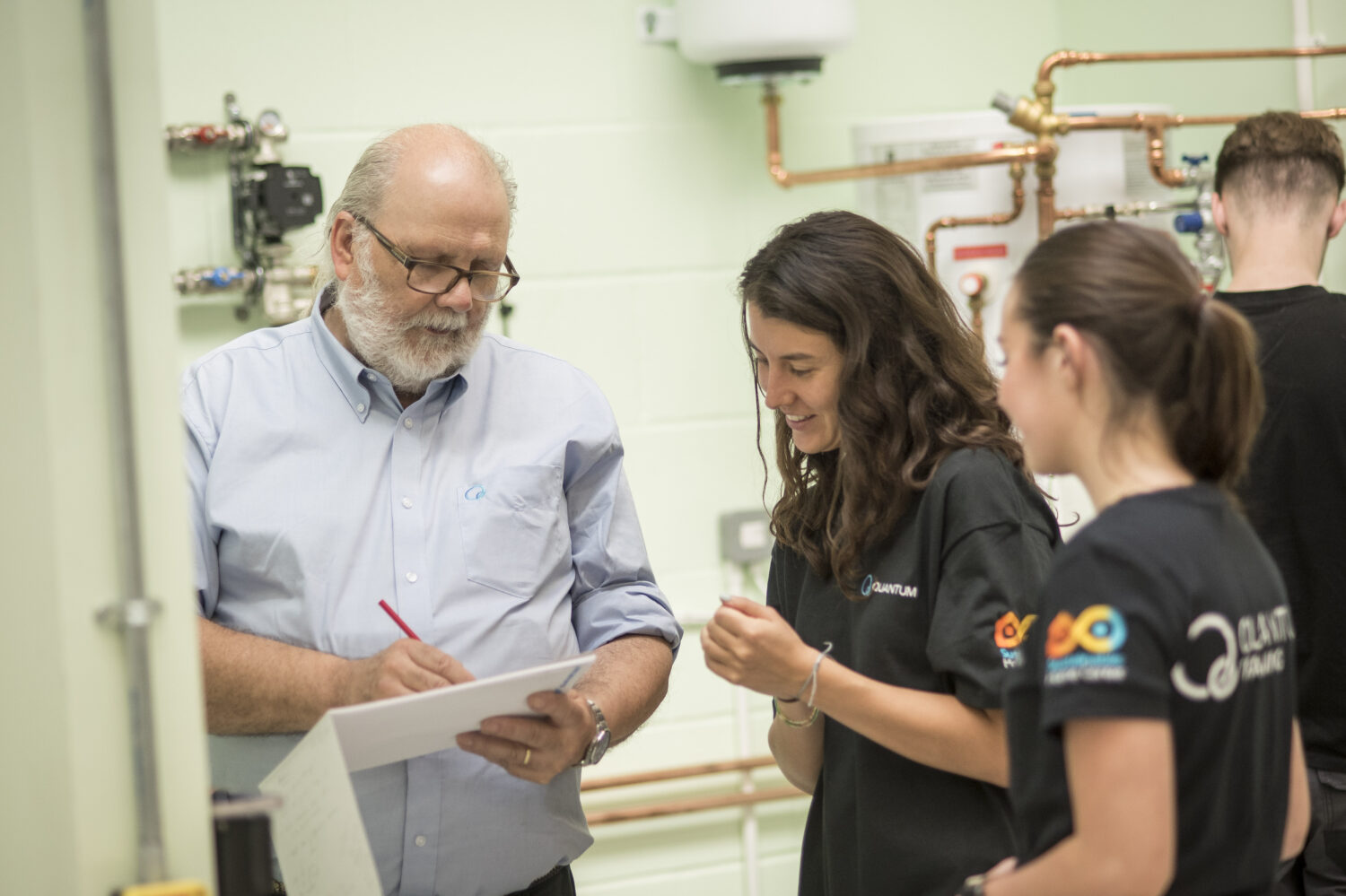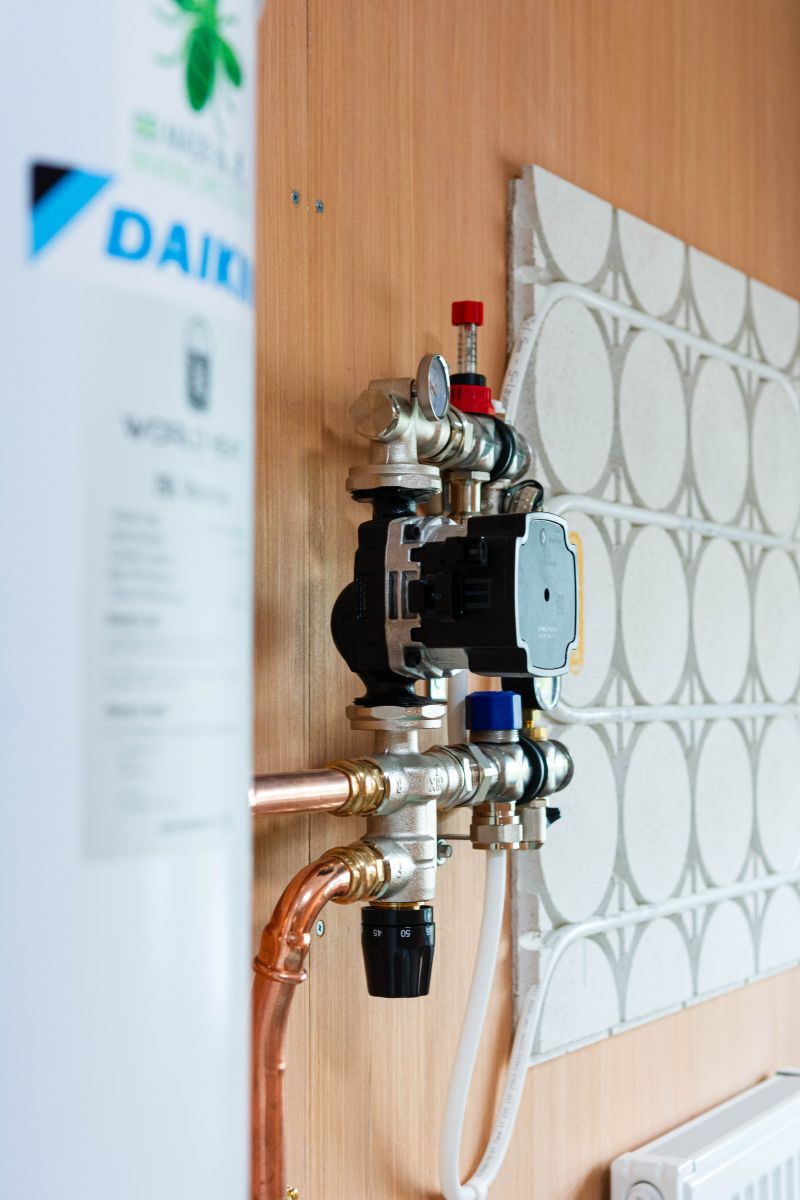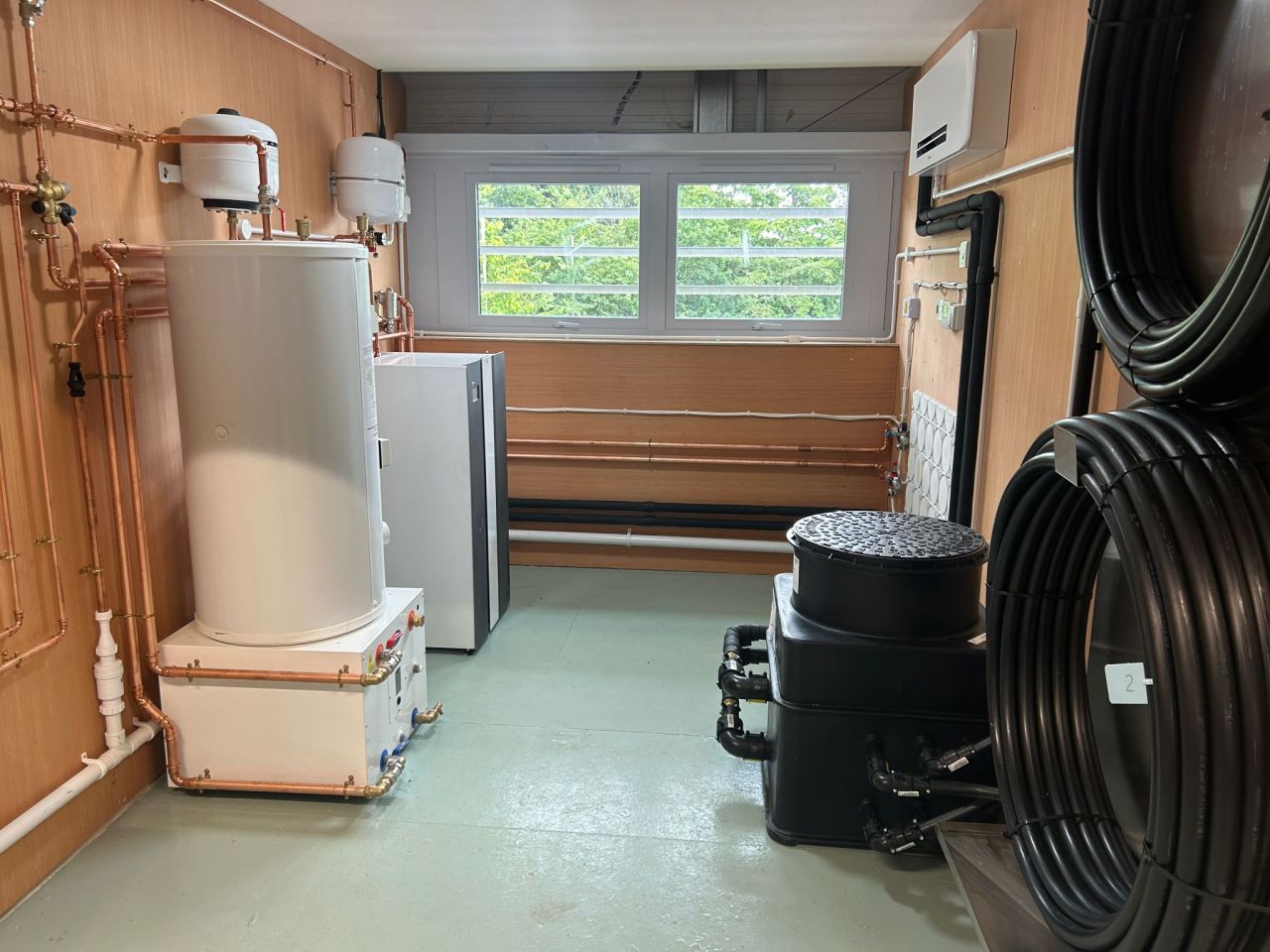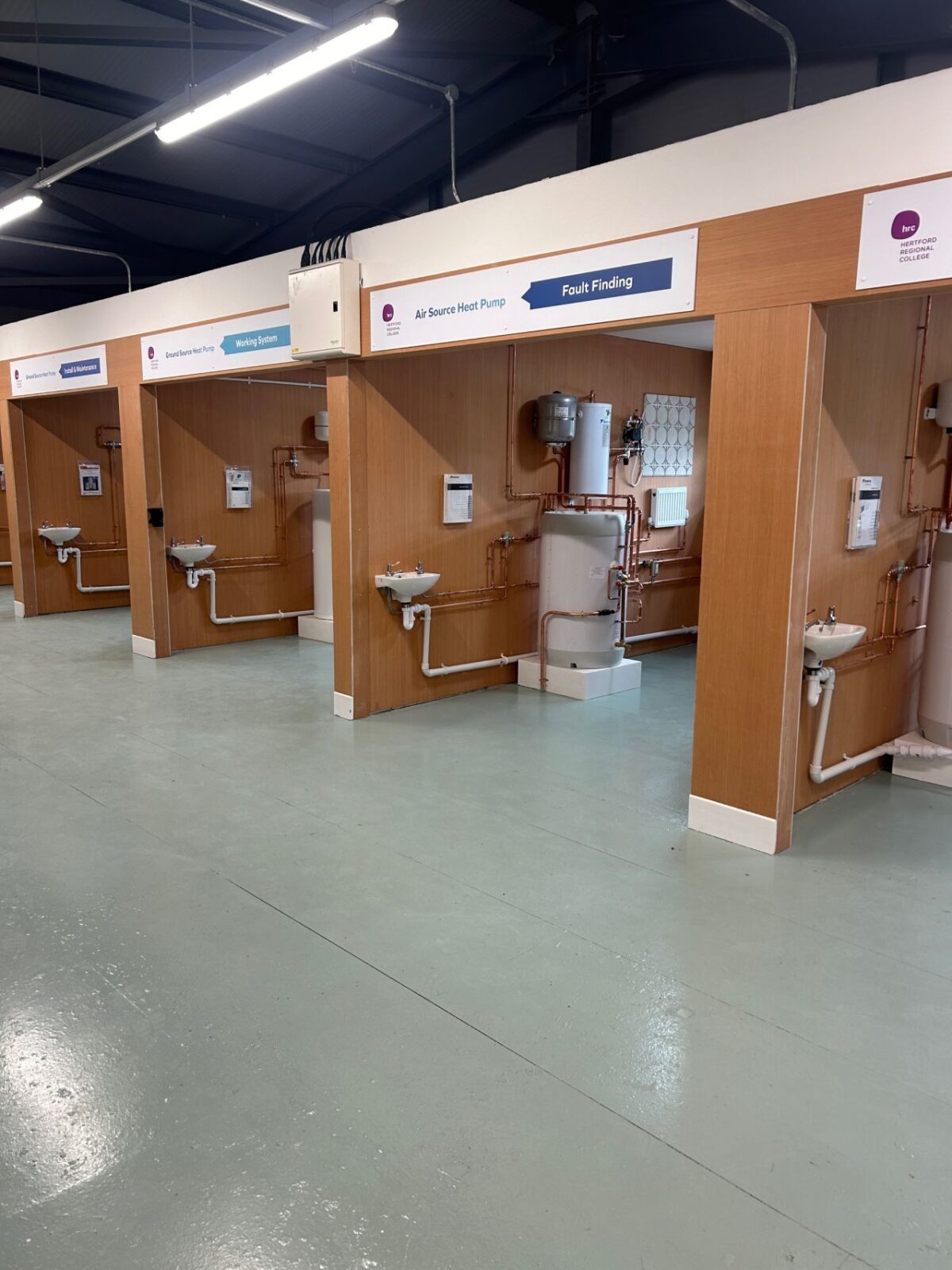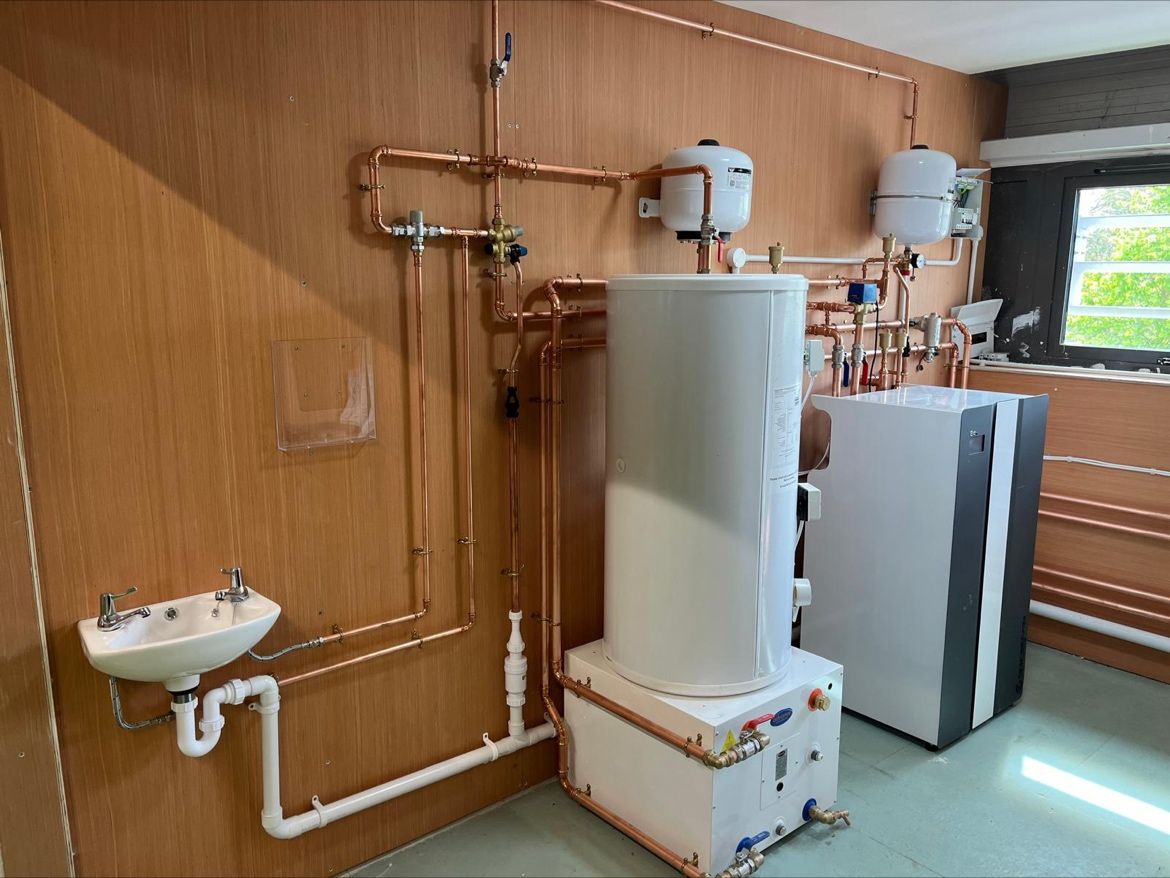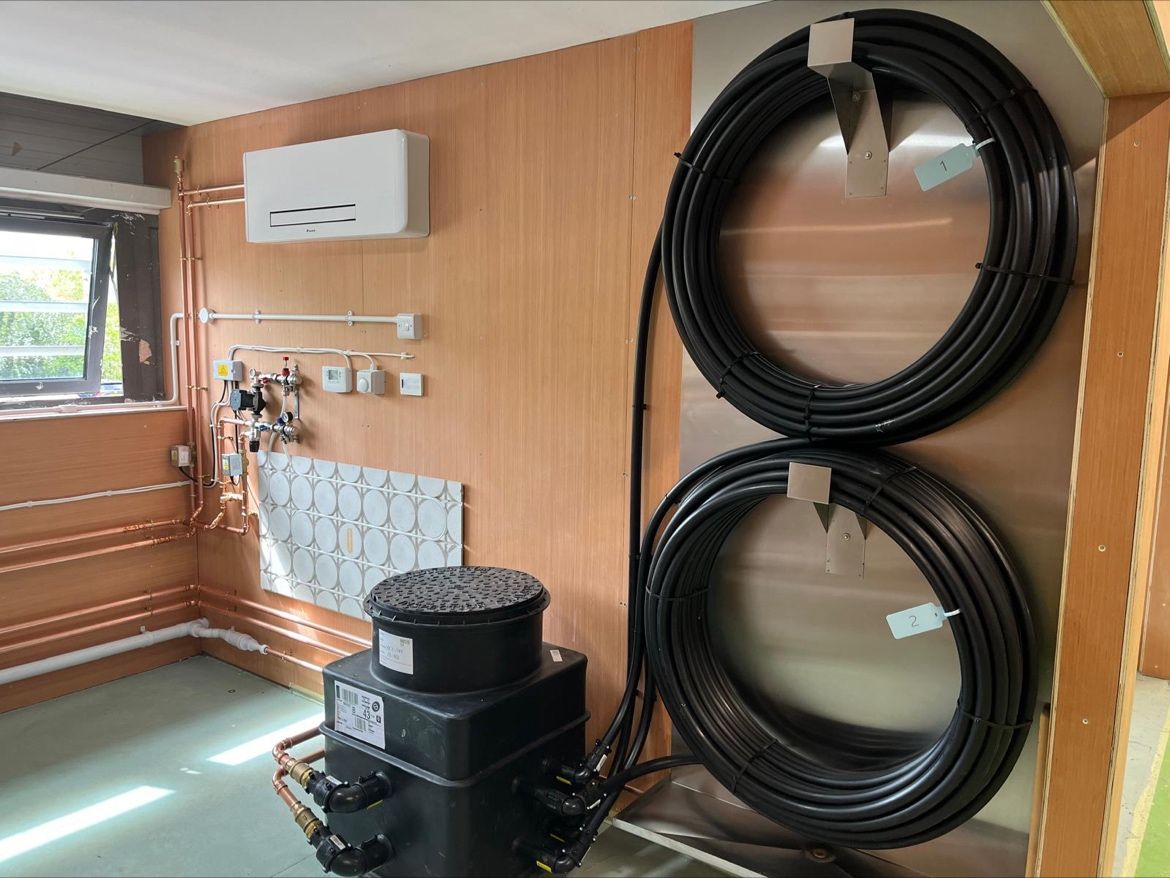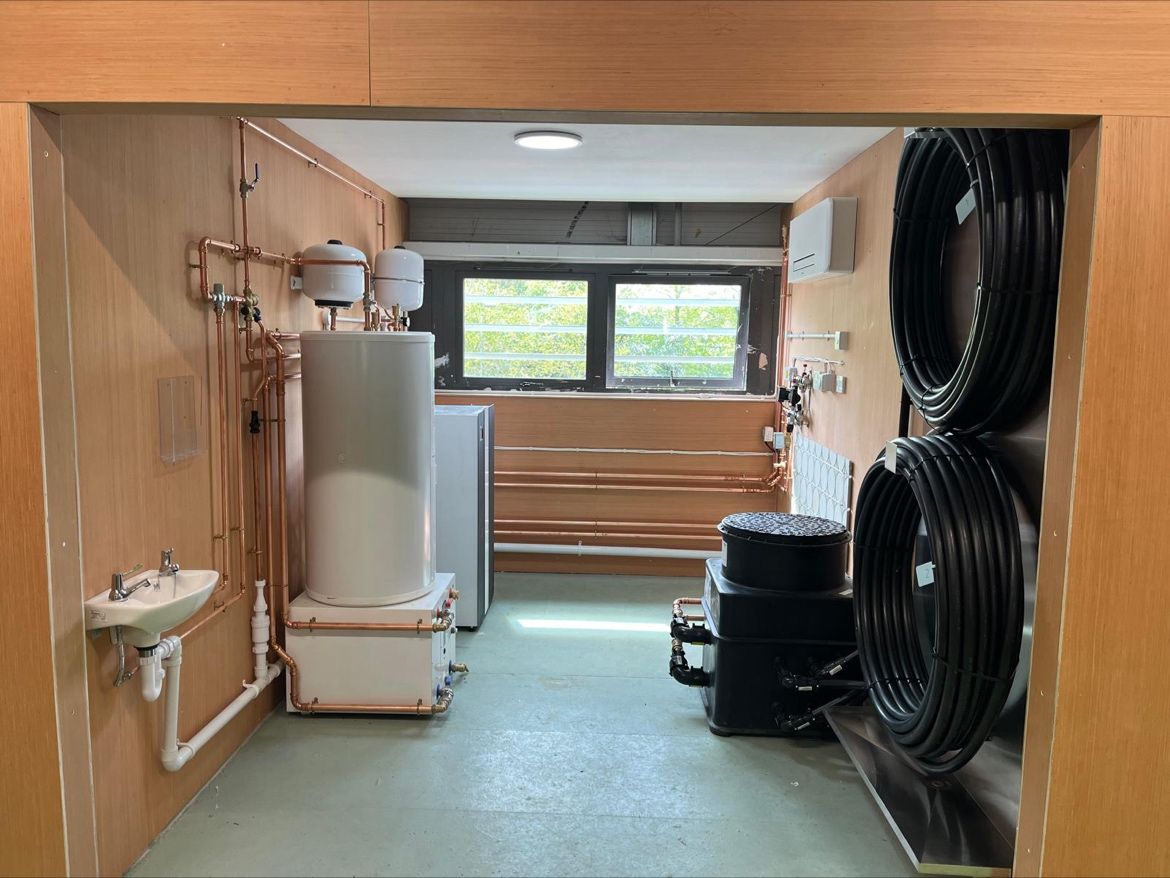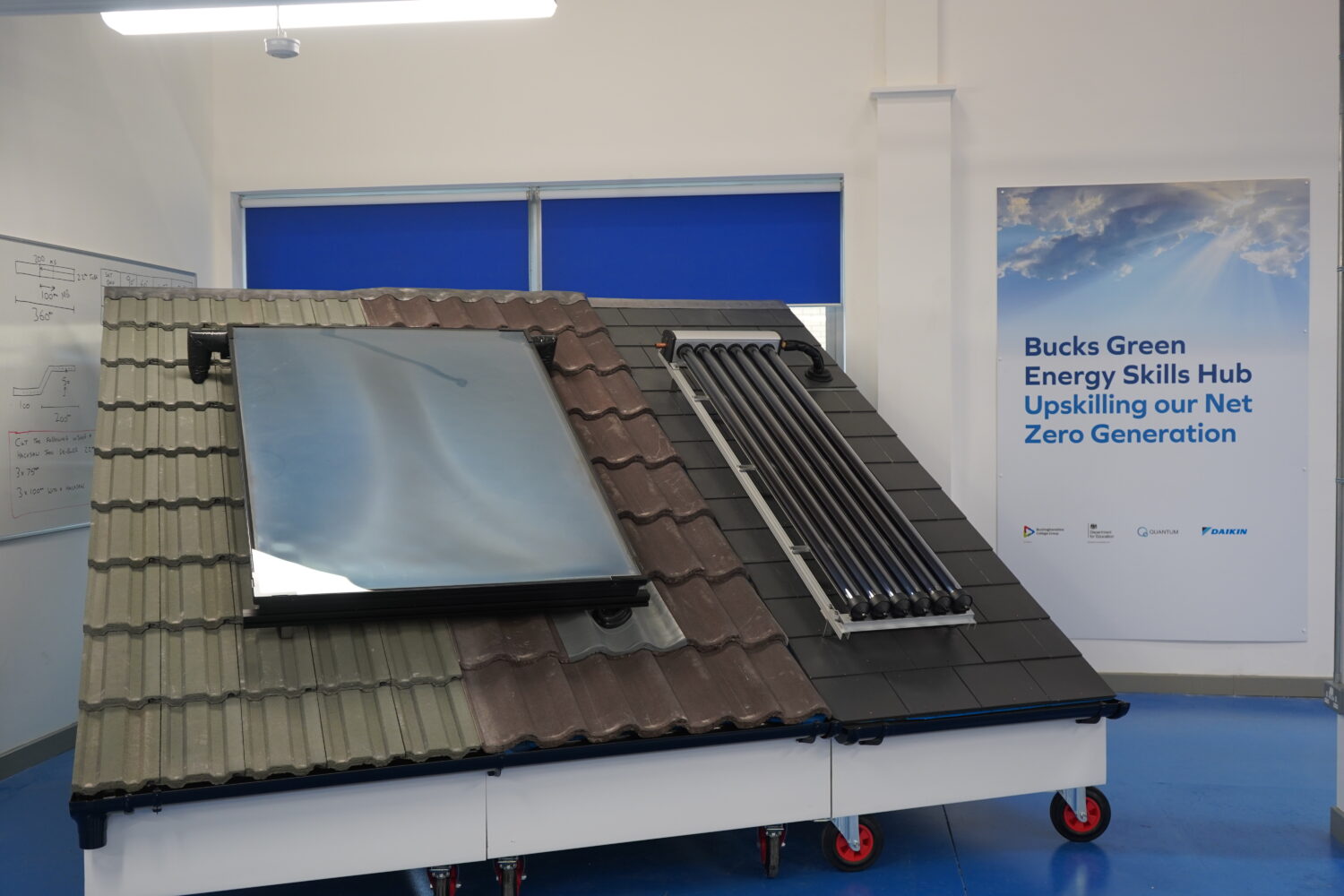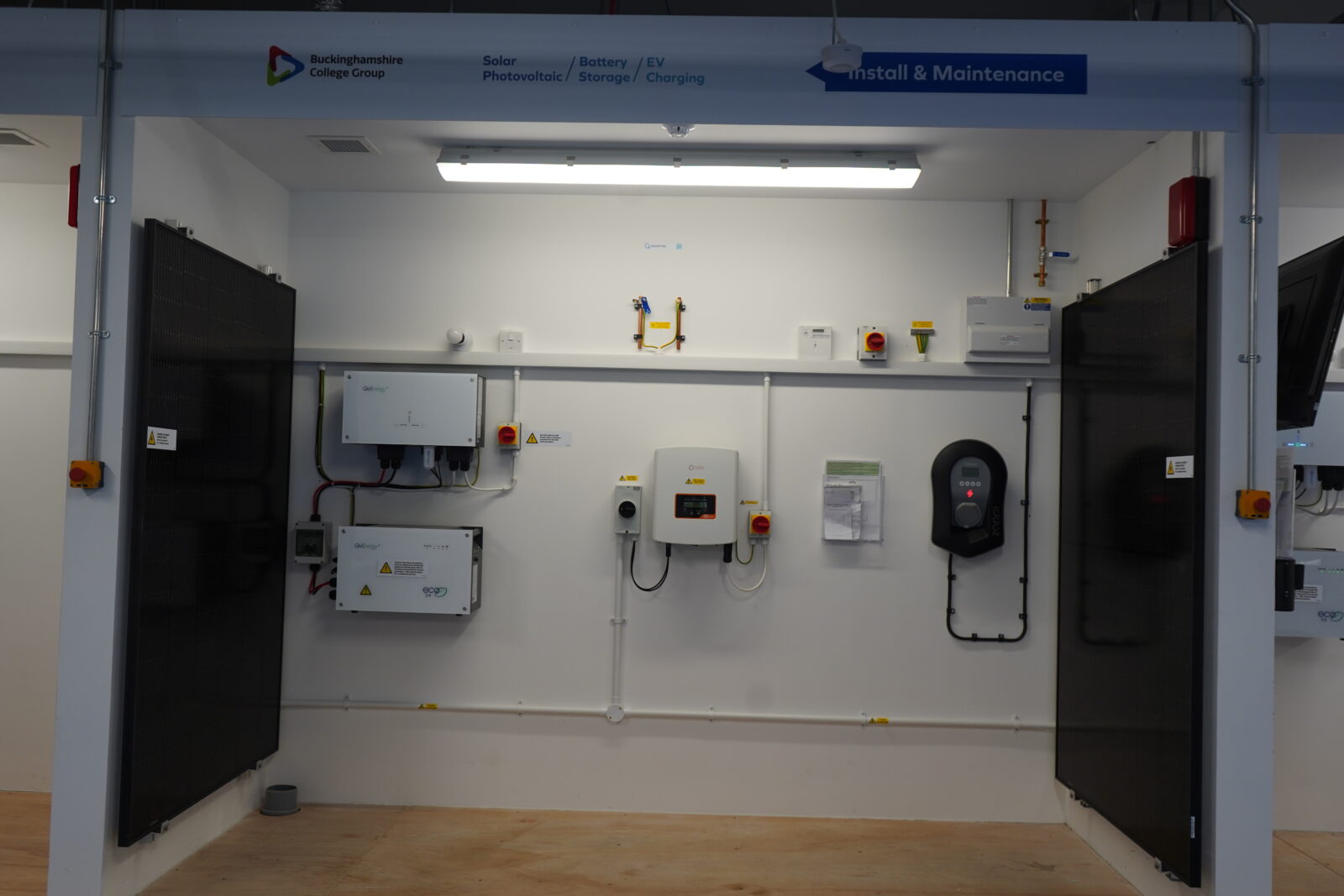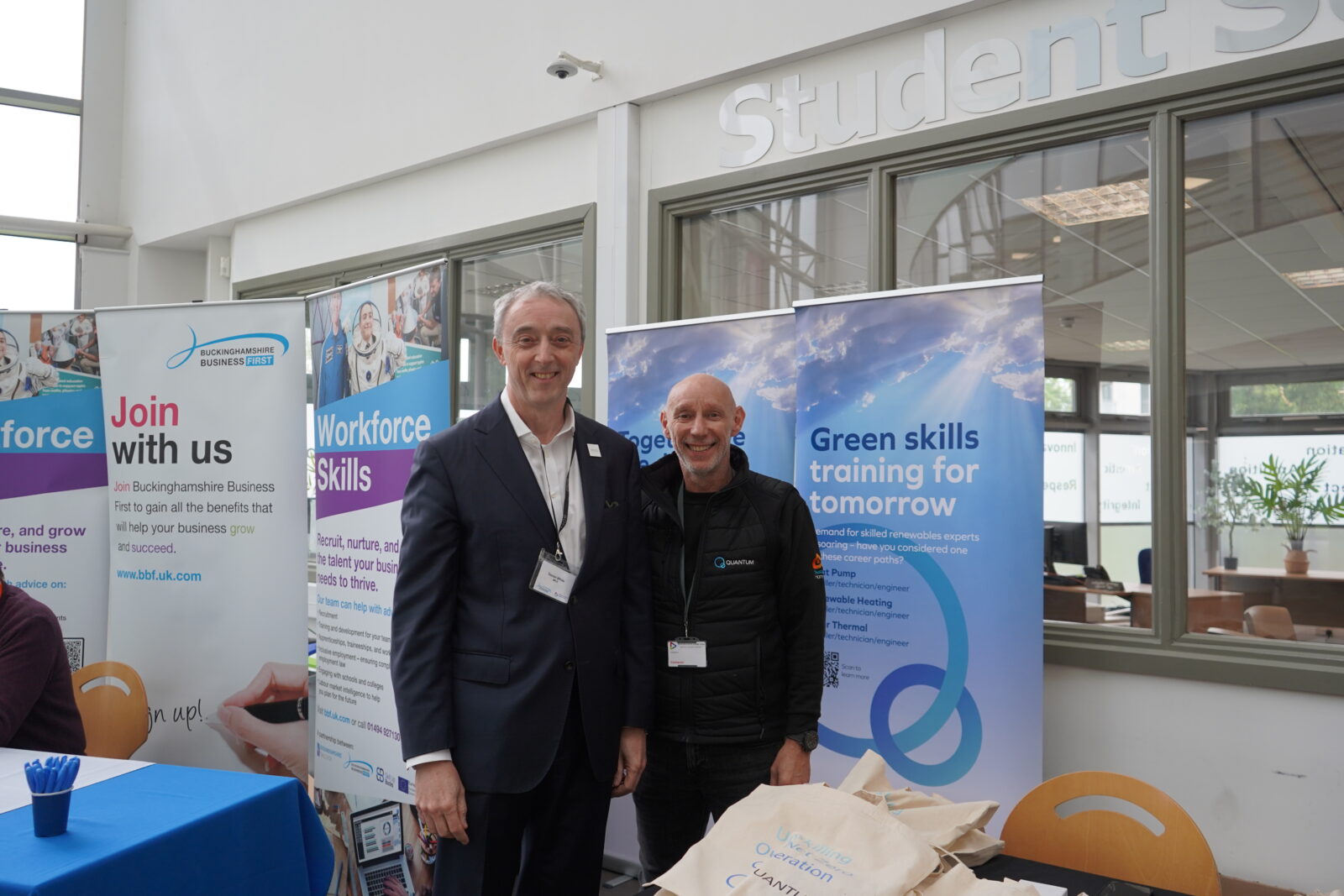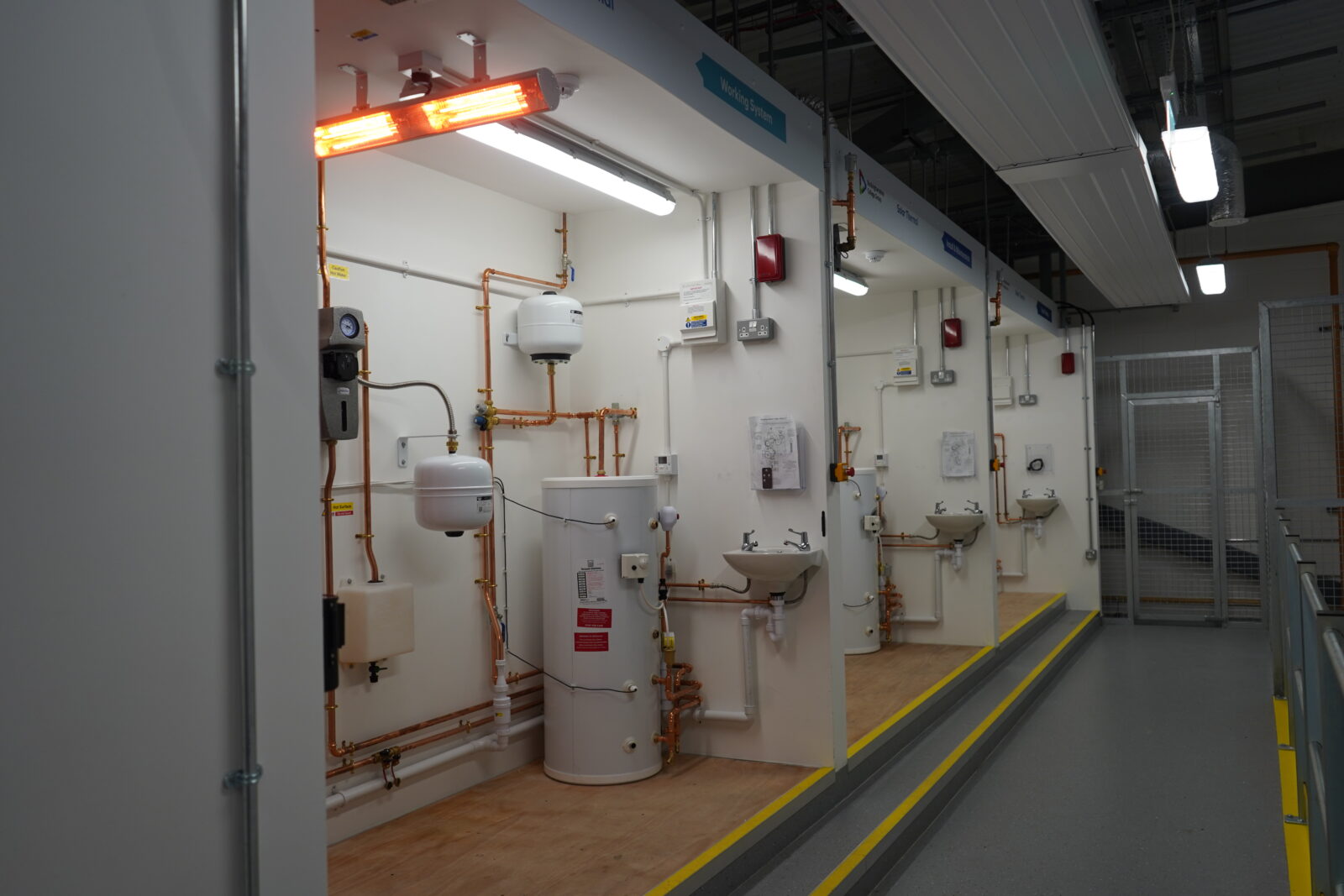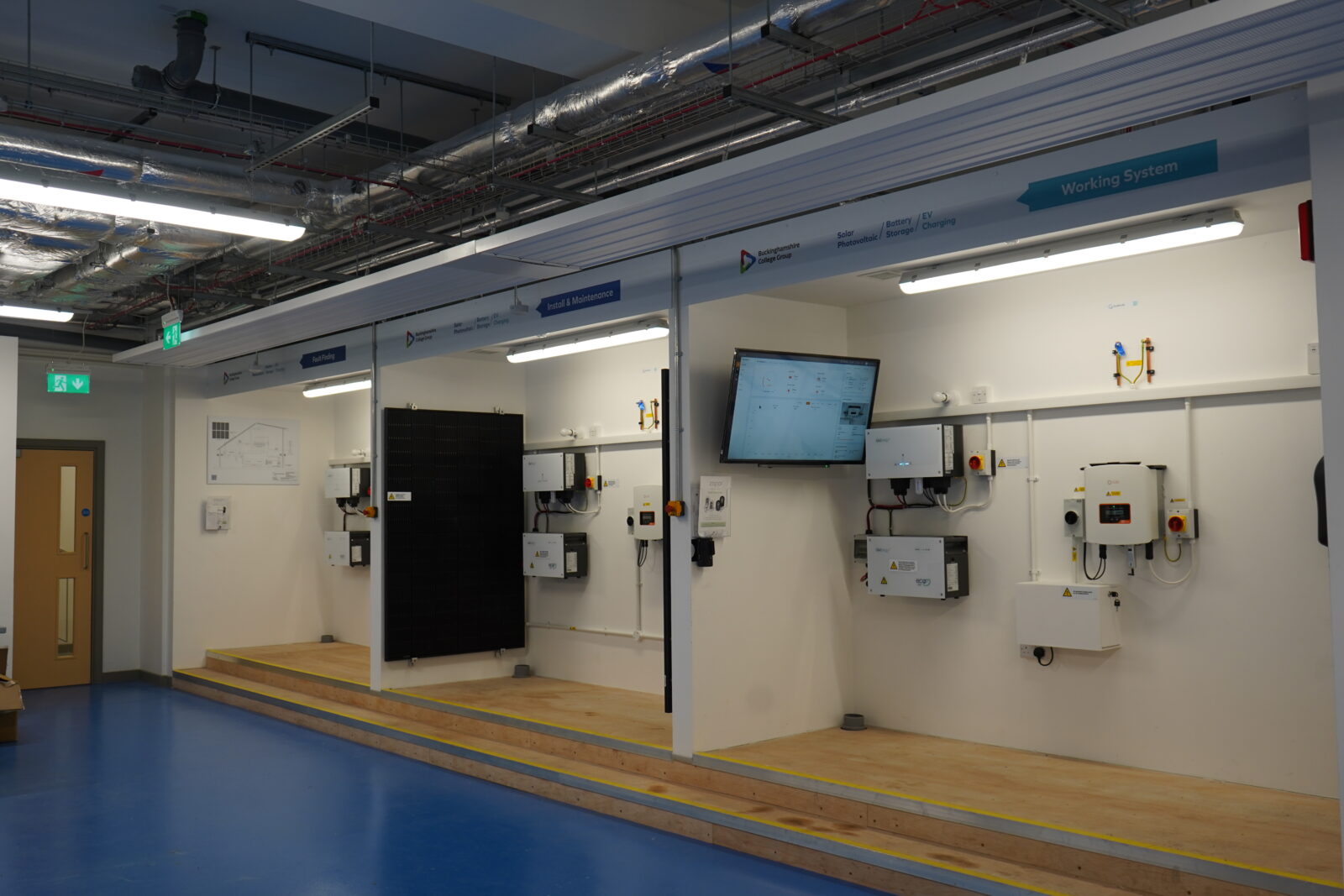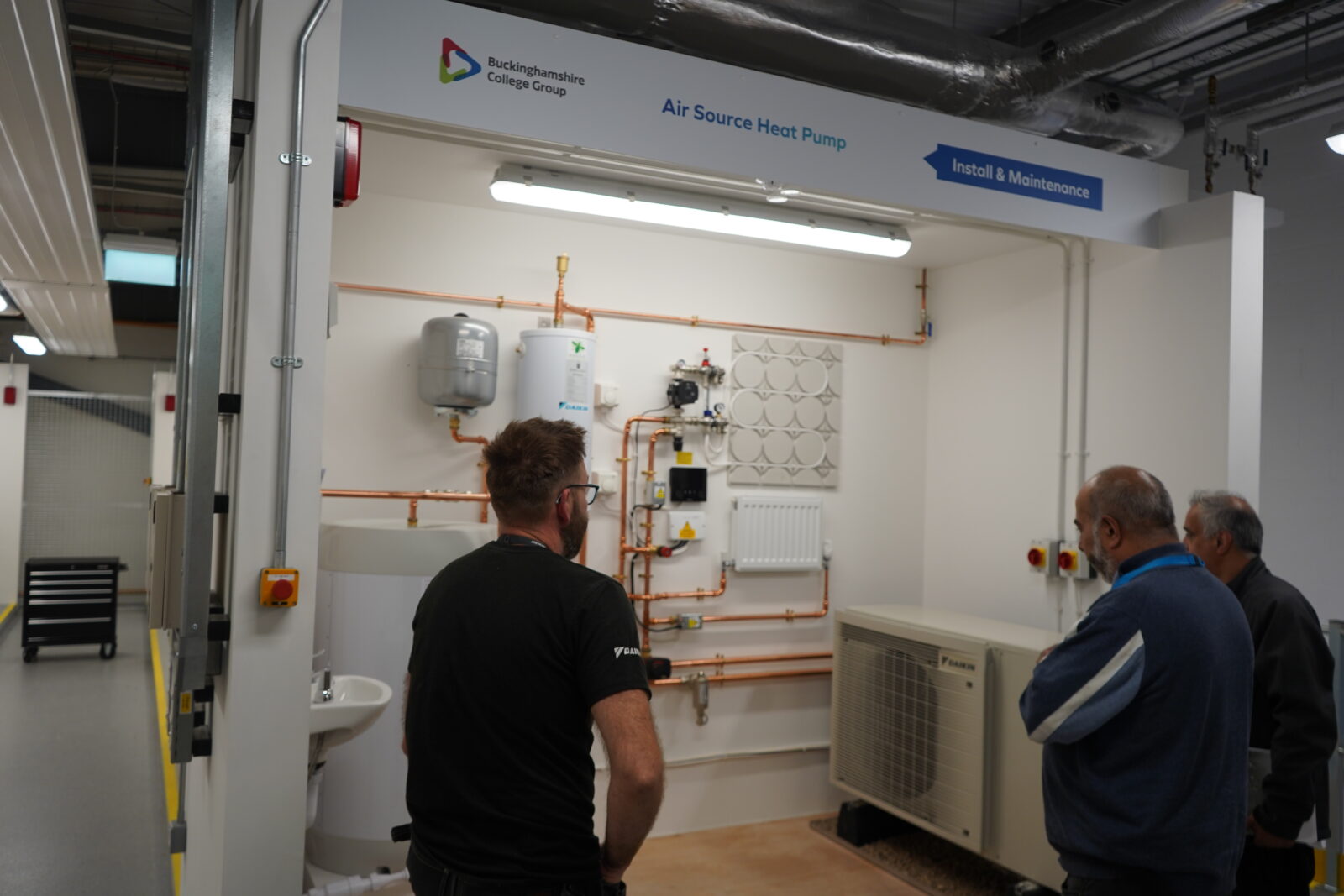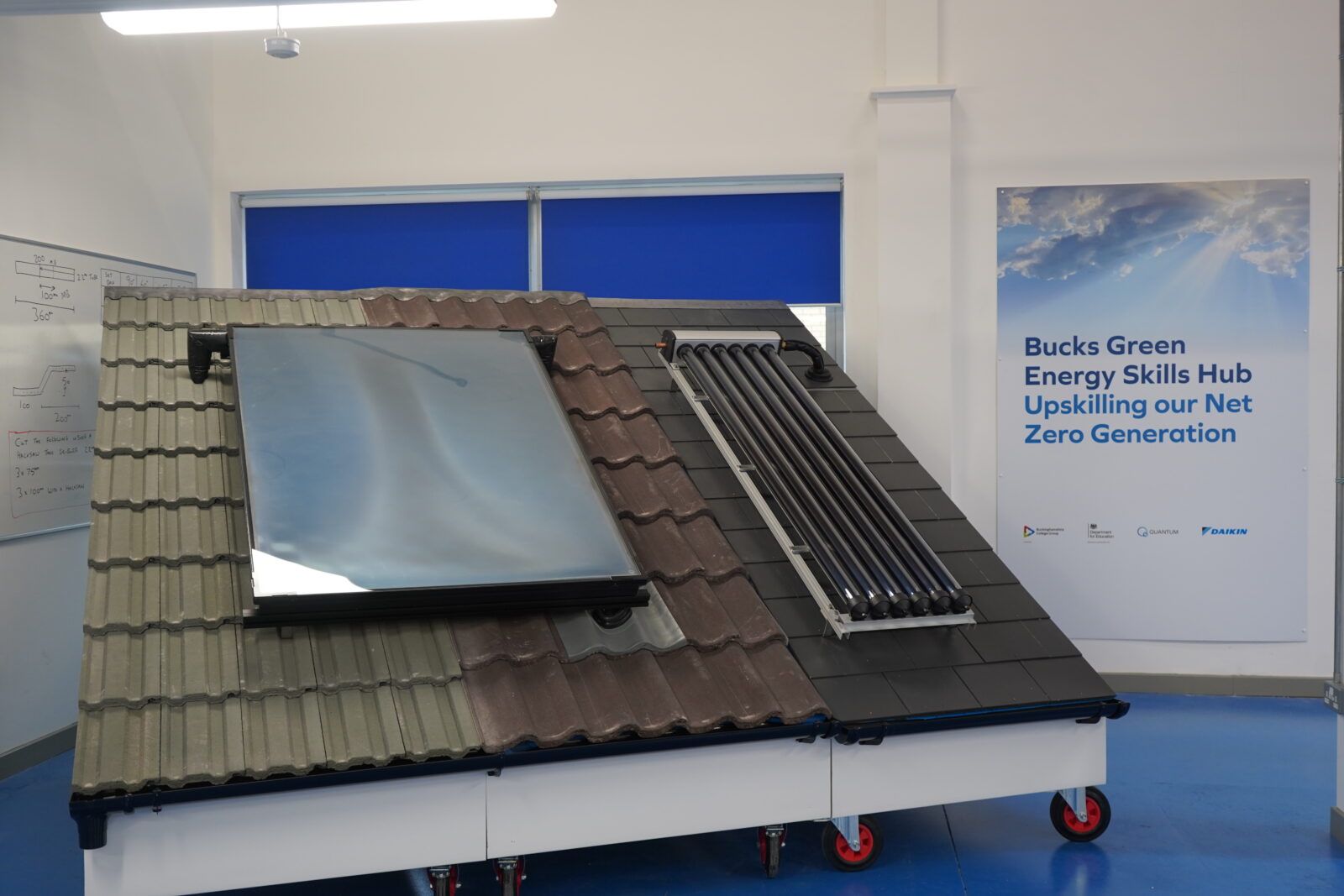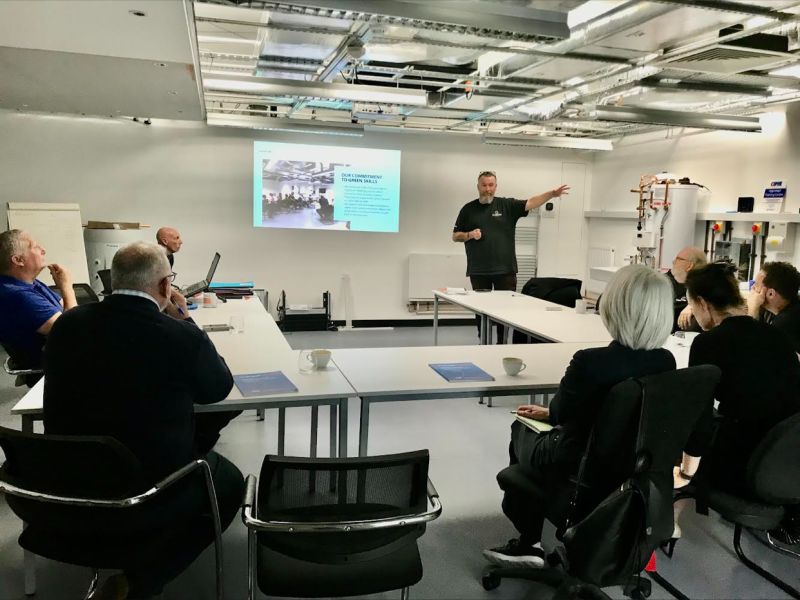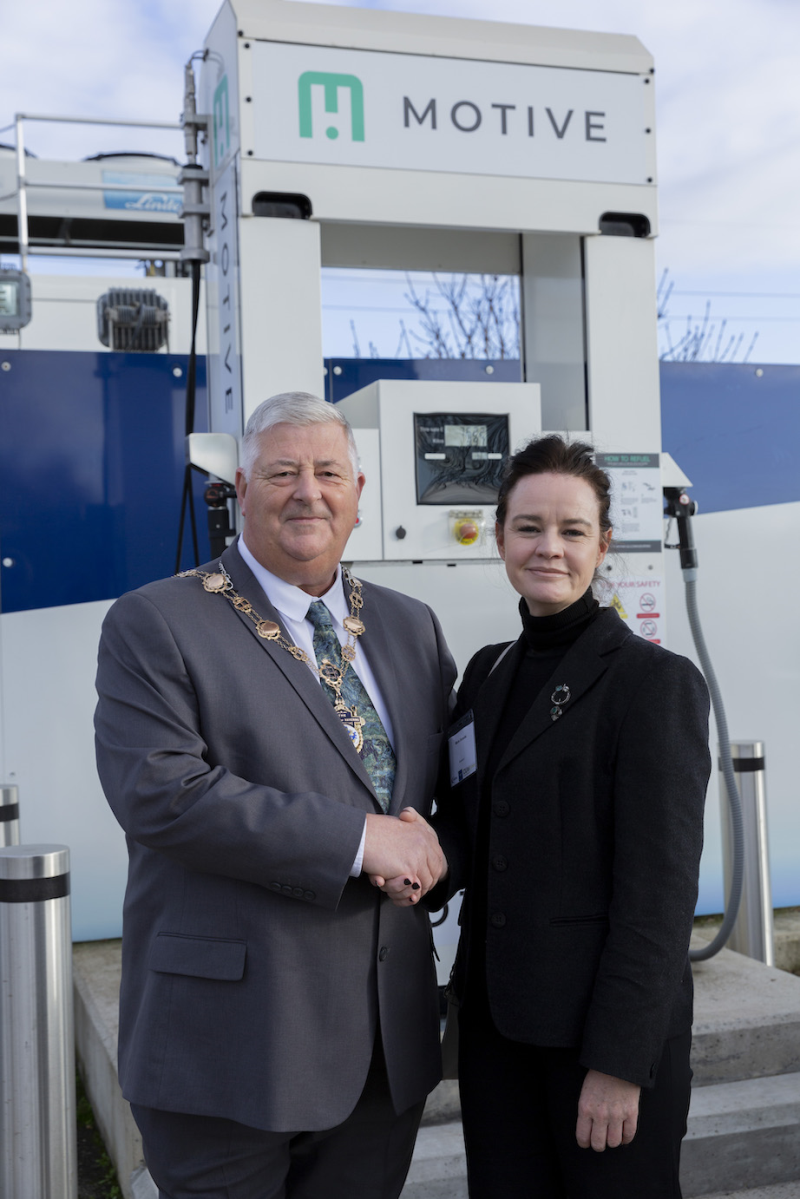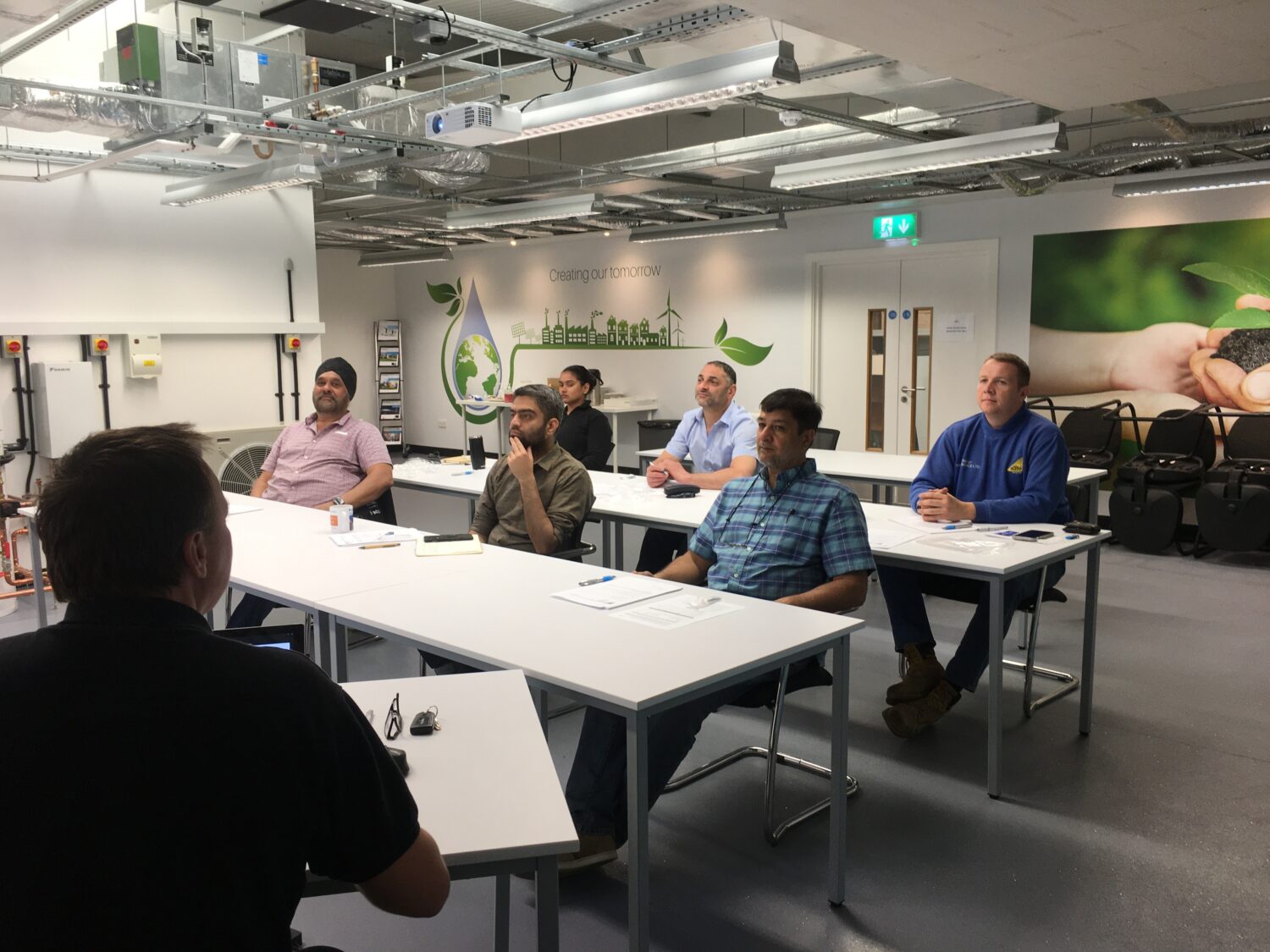As the summer break draws to a close and Further Education (FE) colleges prepare for a new academic year, it’s essential to reflect on the significant policy shifts around green skills and workforce development that have occurred over the past few months. The landscape of education and training has evolved rapidly, emphasizing sustainability and preparing the workforce for a greener future. This article aims to provide FE colleges with a comprehensive overview of these changes and offer strategies for navigating this new era.
As the new academic year unfolds, FE colleges face a pivotal moment in aligning their training programs with emerging policies and workforce demands. With Labour’s 2024 General Election manifesto proposing significant changes, including transforming FE colleges into Technical Excellence Colleges and a heightened focus on green skills, educational institutions must stay abreast of these developments. Introducing Skills England and the Growth and Skills Levy further underscores the need for strategic adaptations in training programs. This article explores the implications of these policy shifts, the impact of Retrofit and the Local Skills Improvement Fund (LSIF), and how FE colleges can navigate these changes to support a sustainable and skilled workforce.
Policy changes
Labour’s manifesto proposes transforming FE colleges into specialist Technical Excellence Colleges. This initiative aims to better align education with local economic needs, focusing on sectors such as green energy and emerging technologies. This shift is part of a broader strategy to create a highly skilled workforce equipped to meet future demands.
Labour has also emphasized the importance of green skills as part of their commitment to a green industrial strategy. This focus will drive up the demand for training in areas related to net-zero initiatives. FE colleges will play a crucial role in providing this necessary training.
Skills England: A New Era for Workforce Development
A recent key development is the establishment of Skills England, which will oversee and unify the UK’s skills system. This new body will tackle skills shortages and align the post-16 skills system with the government’s Industrial Strategy. Skills England will bring together central and local government, businesses, training providers, and unions to enhance local economies and reduce dependence on overseas workers.
Richard Pennycook CBE has been appointed as the interim Chair to lead this initiative. Skills England will be set up over the next 9 to 12 months, with a focus on assessing future skills needs and building strong relationships with employers. This includes the transfer of responsibilities from the Institute for Apprenticeships and Technical Education (IfATE) to Skills England.
Implications of the Growth and Skills Levy

Another significant reform is the introduction of the Growth and Skills Levy. This new approach allows businesses to allocate up to 50% of their contributions to a wider range of training programs. This flexibility aims to better meet the needs of evolving industries and sectors.
The ability to fund diverse training initiatives beyond traditional apprenticeships will help align development programs with industry needs, crucial for maintaining competitiveness and supporting strategic goals.
Strategic Alignment and Next Steps
As Skills England takes shape, it will initially focus on setting up within the Department for Education (DfE) and assessing future skills requirements. The new framework will ensure that training aligns with identified skills needs and provides value for money.
The Quantum Group will closely monitor these developments and adjust our training strategies to capitalize on the new opportunities presented by Skills England. We will leverage the flexibility of the Growth and Skills Levy to invest in impactful training programs. Additionally, we aim to support the development of a skilled workforce.
The launch of Skills England marks a transformative moment for the UK’s skills system. By uniting central and local government, businesses, training providers, and unions, Skills England will address the skills needs of the next decade across all regions, aligning with the government’s Industrial Strategy. Its focus on supporting local areas, particularly in construction, aims to enhance sustainable growth and reduce reliance on overseas workers through collaboration with the Migration Advisory Committee. With increased flexibility and strategic oversight, businesses and FE colleges can benefit from more targeted workforce development strategies. This initiative will shape the future of skills training and drive sustainable economic growth. You can read more about Skills England and its role here:
Green Skills Guide: Government’s Retrofit Roadmap
With new ministers poised to start their roles, focusing on home retrofitting for net zero should be a top priority. Effective retrofitting, including transitioning to low-carbon heating, can help lower household energy bills, improve public health, create jobs across communities, and support the UK’s net zero goals. The Climate Change Committee has emphasized the need to decarbonize nearly all buildings.
A crucial aspect that must not be overlooked is the role of FE and the broader education system in preparing the workforce for retrofitting. A recent analysis of the 38 Local Skills Improvement Plans (LSIPs) across England reveals a significant gap in addressing retrofitting needs. The LSIPs, designed to align local skills training with employer needs, often fail to address net zero skills adequately.
Many LSIPs have inadequately addressed retrofitting, with some even neglecting the topic. Where retrofitting is mentioned, it is often relegated to lower priority compared to other skills like recycling. This oversight is problematic given the scale of the workforce needed—estimated between 250,000 and 500,000 people—to achieve retrofitting goals.(Gatsby Charitable Foundation, 2024).
The disconnect between industrial and skills policies needs to be addressed. We need a national strategy to coordinate efforts between the Department for Energy Security and Net Zero (DESNZ) and the Department for Education (DfE) This strategy should engage a range of stakeholders and scale up training programs to meet the anticipated demand for retrofitting skills.
Integrating Retrofitting into Education
To meet future demand, FE colleges need to integrate retrofitting and building physics into their construction-related qualifications, such as T-Levels. This integration will better prepare the next generation of workers with the skills necessary for effective retrofitting. Retrofitting homes is a critical investment with significant health, economic, and environmental benefits. Therefore, new minsters must prioritize this area and develop a cohesive strategy that includes strong skills development to support the UK’s climate goals.
Addressing these challenges requires both immediate and long-term actions. In the short term, the UK Government should establish comprehensive retrofit and green skills frameworks to aid local planning and enhance understanding of retrofit skills among employer representative bodies (ERBs). Close collaboration between the DfE and the DESNZ is also necessary to provide effective guidance and share best practices for developing retrofit training facilities.
For the long term, a national retrofit strategy aligned with decarbonization targets is essential. This strategy should ensure sustained funding to build confidence among employers and FE colleges, raise quality standards in construction, and develop a communication plan to boost awareness of retrofit skills. Updating construction qualifications to include building physics and retrofitting content will help prepare a skilled workforce. Although LSIPs represent progress, we need a more coordinated approach to meet the skill demands for retrofitting and achieve the UK’s decarbonization goals. Providing adequate support and resources for developing retrofit skills will be crucial for these initiatives’ success. To learn more about the ‘Retrofit Revolution,’ click here or contact [email protected] for assistance.
Local Skills Improvement Fund
We invited further education providers to apply for funding from the LSIF to upgrade facilities with modern equipment, enhance teacher training, and introduce new courses in critical areas like green construction, carbon capture, and cybersecurity. This initiative aimed to address and fill existing skills gaps by aligning educational offerings with the demands of local employers.
Thousands of individuals have benefited from the enhancement of skills training, which has helped them obtain quality employment opportunities near their homes. Additionally, this initiative is supporting local economies by ensuring employers have access to a workforce with the precise skills required for business growth. Furthermore, the money from the LSIF is being distributed up until March 2025, so there is still time to get involved!

FE providers across the country have crafted project plans using the available LSIF. This fund offers a pathway for FE providers to address the needs outlined in their LSIPs. It focuses on critical areas requiring investment to support economic growth, local Net Zero targets, technical education, and upskilling. We recently partnered with Buckinghamshire College Group to develop their Green Energy Skills Hub at the Aylesbury Campus, marking one of our fastest installations yet. After our initial site visit in mid-January 2024, we secured approval in early February and completed the installation by March. The Hub is now equipped with five Air Source Heat Pump Training Bays, three Electrical Ecosystem Bays, and three Solar Thermal Training Bays.
The Hub’s grand opening on May 21, 2024, was attended by leading renewable energy manufacturers, including Mitsubishi, GivEnergy, MCS, Viessmann, and Buckinghamshire Council. This project showcases our ability to deliver top-tier training facilities quickly and efficiently. To see more of our work, click here.
The green skills sector is facing a major skills shortage, amid surging demand for engineers who can install and maintain low-carbon technology such as heat pumps, solar panels and electric vehicle chargers. Half of the global population is currently aged 30 or younger, and this proportion is expected to rise to 57% by the end of 2030. (Gatsby Charitable Foundation, 2024). This represents the largest generation of young people in history. To ensure a successful transition to a more sustainable and equitable world, focusing on developing green skills among youth is essential.
The International Labour Organization (ILO) reports that shifting to sustainable energy sources within a circular economy framework could generate approximately 100 million new jobs. However, this transition may also lead to the loss of some existing jobs. It is crucial for young people to receive adequate training and support to adapt to these changes in the job market.
Additionally, governments worldwide are implementing stricter environmental regulations. Both organizations and individuals need to acquire green skills to comply with these regulations and avoid potential penalties. Adhering to these standards is vital for the long-term success of businesses and individuals alike.
At Quantum Training, we focus on meeting the funding requirements set for FE providers and tackling immediate needs in the green skills sector. As a specialist in renewables and decarbonisation, Quantum has tailored its training programs to provide both practical experience and theoretical knowledge. Our Level 2 ‘Sustainable Energy and Renewable Technologies’ Course, accredited by City and Guilds, offers a comprehensive approach to developing skills in the green sector.
As policy landscapes evolve and workforce needs shift, FE colleges are at a critical point in shaping the future of education and training. Labour’s proposed changes, the formation of Skills England, and the Growth and Skills Levy offer both challenges and opportunities. By leveraging initiatives like the ‘Ready for Retrofit’ program and LSIF, colleges can improve training and address green skills gaps. Integrating retrofitting and sustainable technologies into curricula and upskilling educators will be crucial for preparing the next generation of workers. FE colleges must embrace these developments, align programs with emerging needs, and play a proactive role in building a greener, more skilled workforce. This approach will significantly contribute to sustainable economic growth and advancing industry standards.
We recognize the urgency of bridging the green skills gap and building the net-zero workforce of the future. It is crucial to take action now to meet local, national, and global priorities for green technical skills development.
We have actively assisted several colleges in enhancing their training programs by installing advanced training bays and retrofit bays. These facilities offer students practical experience with low-carbon technologies, including heat pumps, solar PV systems, and electric vehicle chargers.

Our Train the Green Trainer course actively advances the skills of college instructors and lecturers. Through hands-on sessions and in-depth courses, participants gain expertise in delivering effective renewable energy training. Our program includes comprehensive training on Quantum’s facilities, the Level 2 Sustainable Energy Technologies course, and advanced Level 3 Heat Pump systems. This initiative ensures educators are well-prepared to teach and inspire students in the growing field of green skills.
Our team is also available to provide guidance on cost-effective solutions for your college and assist in meeting the Government’s LSIF revenue and capital expenditure deadlines. By collaborating with us, you can ensure timely compliance with these important deadlines, making the most of available funding opportunities. This partnership will not only help your college secure the necessary resources but also enhance your ability to adapt to evolving educational demands and implement effective training programs. Ultimately, our support aims to empower your institution to thrive in this changing landscape and successfully achieve its strategic goals.
Bibliography:
Gatsby Charitable Foundation. (2024). Ready for Retrofit? What new ministers can learn from the 2023 LSIPs | FE News. [Online]. Available at: https://www.fenews.co.uk/exclusive/ready-for-retrofit-what-new-ministers-can-learn-from-the-2023-lsips/ [Accessed 19 August 2024].
James, D. (2023). Employers and educators address green skills and ‘retrofit revolution’ training challenges – Local London Skills Providers. [Online]. Available at: https://www.locallondonskillsproviders.com/news/employers-and-educators-address-green-skills-and-retrofit-revolution-training-challenges/ [Accessed 19 August 2024].
Thought Leadership. (2024). Keir Starmer launches Skills England to repair ‘broken’ training system: What can we learn from Wales? | FE News. [Online]. Available at: https://www.fenews.co.uk/exclusive/keir-starmer-launches-skills-england-to-repair-broken-training-system-what-can-we-learn-from-wales/ [Accessed 19 August 2024].
Skills England to transform opportunities and drive growth. [Online]. Available at: https://www.gov.uk/government/news/skills-england-to-transform-opportunities-and-drive-growth

